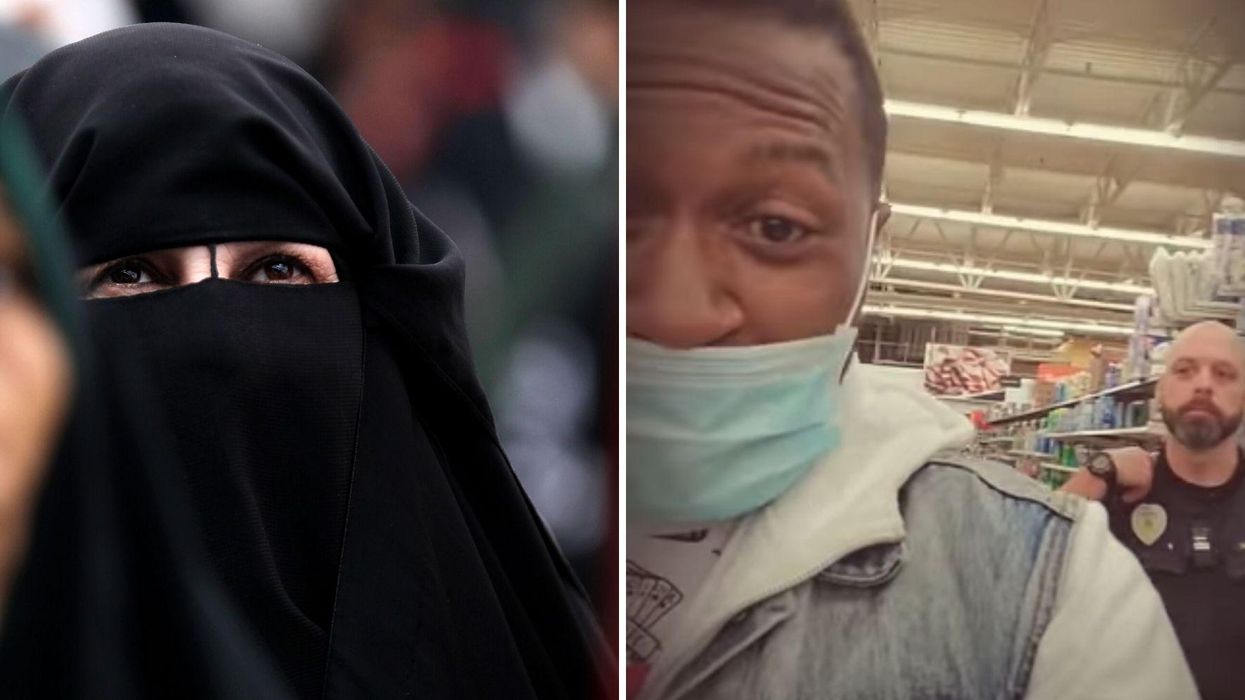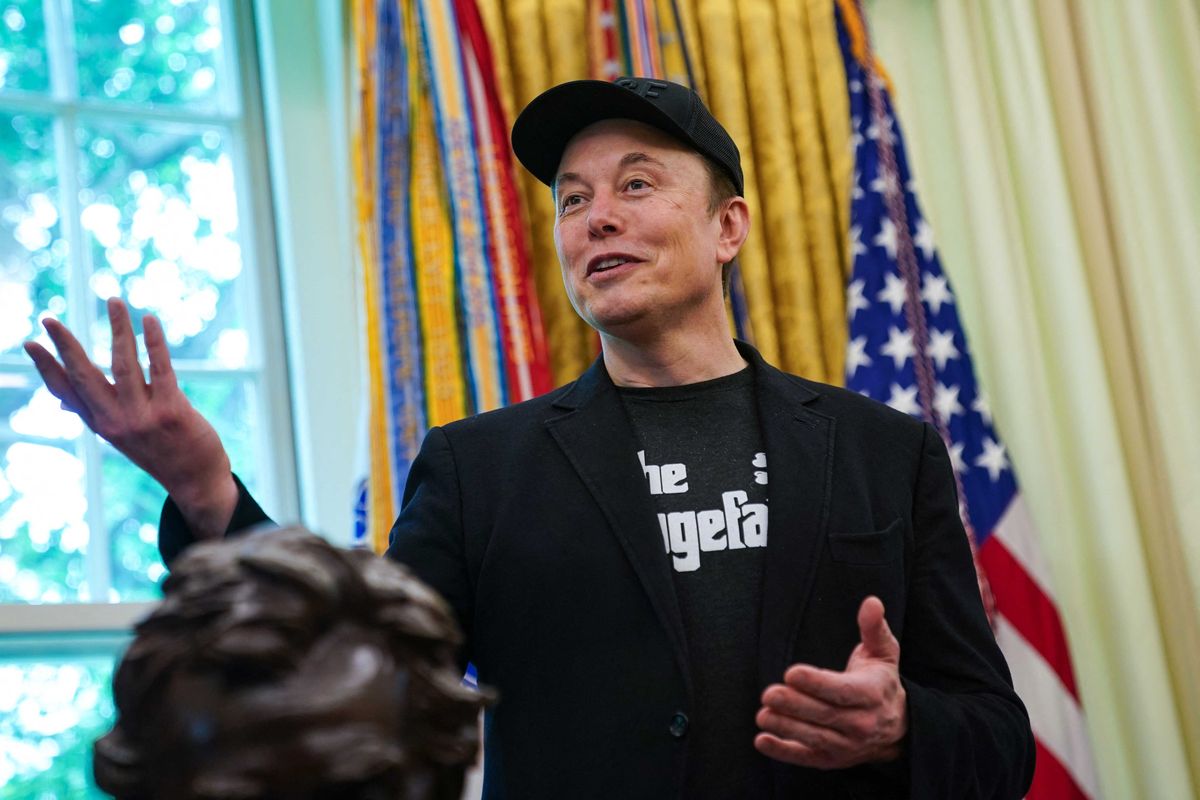News
Sanjana Varghese
May 15, 2020

Getty / Youtube
Around the world, masks and face coverings are becoming mandatory to wear in public spaces.
While the evidence on their effectiveness against Covid-19 might be mixed, researchers have found that even 60 per cent of the population wearing a mask could significantly lower the rate of transmission.
But for some groups, covering the face can be more than just a public health measure – it can be a way in which they are subject to scrutiny, or have been demonised as a threat to public safety.
In parts of Europe, a ban on face coverings has been the subject of much intense debate about religious freedom and the rights of individuals. A ban on face coverings has taken the form of banning religious face coverings – such as ‘Islamic garb’ like the niqab, which is worn by some Muslim women. Niqabs often cover the whole of the face, leaving a gap for the eyes or for the mouth.
France was the first country in Europe to pass a law banning these face coverings in 2011 – while states in the US and other countries do have bans on masks and face coverings, these have often been anti-crime measures (for example, to avoid people wearing masks at protests).
After France passed this ban, Austria, Belgium, the Netherlands, Bulgaria and Denmark followed suit.
Bizarrely, the French government has confirmed that while masks will become mandatory from next week, women who cover their faces with face coverings as a result of their religion will still be fined and punished.
Violating this ban can lead to a fine of up to 150 euros, as well as the requirement to take a class in French ‘citizenship’. The government has also confirmed that masks must be removed for identity checks, and that the ban does allow an exemption for public health reasons.
Kenneth Roth, the director of Human Rights Watch, tweeted to ask whether Islamophobia could be any more transparent in these rules.
In an op-ed for the i paper, Mariam Khan also noticed what she perceives as a glaring hypocrisy, writing:
It’s okay if the entire French population is covering their faces now so long as they are doing it for France and not Islam.
Quebec, a province in Canada, passed a law banning religious face coverings in 2017.
And Canada's former prime minister Stephen Harper even said that they were illiberal and a way of controlling women.
But one Twitter user pointed out the irony of ads that they were served during the last month – that the ‘protection cap’ being sold in advertisements would be illegal, and make the person wearing it subject to punishment, if it was religious.
In some places, the ban on religious face coverings may not interfere with new ordainments about masks.
In the Netherlands, local police forces and transport workers indicated that they would not be enforcing it, and the Mayor of Amsterdam expressed dismay that it had been made a law at all.
But even before face masks became mandatory, some populations who wanted to take extra precautions were viewed with more suspicion.
Since the beginning of the pandemic, black men who have been wearing homemade masks have said it made them a target of scrutiny. Many worry that wearing masks will expose them to racial profiling from the police, as many incidents of this kind have already happened. Speaking to Time, Quentin Hoskins, who works in a hospital said, “Can y’all imagine me walking in here with a bandanna on my face?”
Another incident from Alton, in Illinois, occurred when two men wearing surgical masks were stopped by police outside a Walmart. They were also then told that a law prohibited them from wearing masks – when no such law exists.
These incidents are particularly concerning given that early data indicates black people die at a higher rate from Covid-19 than their white counterparts.
People have pointed out that many white people were protesting to end lockdown – without masks – and very few of them were arrested.
But disturbing footage circulating from April shows the transit police in Philadelphia pulling a black man off a bus for not wearing a mask.
One of the reasons often given for the ban on face coverings is the fact that people feel they can't trust someone who’s face they can't see. But in an essay for the NYTimes, Martha Nussbaum pointed out that plenty of different professions and people cover their faces partially (or wholly) all the time.
If masks and face coverings become more commonplace, it becomes a way to show that you care about the people around you and that you’re stopping the spread of Covid-19 in the small ways that you can.
That’s an act of solidarity no group of people should be left out of.
Top 100
The Conversation (0)












